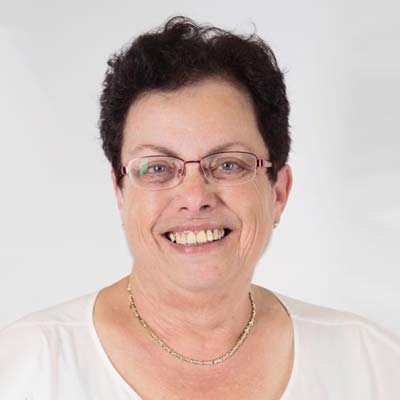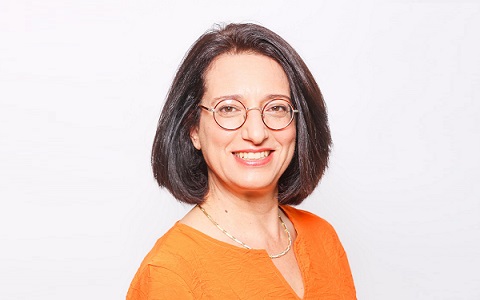Healthcare with Confidence
What Is Invasive Ductal Carcinoma (IDC) of the Breast?
Invasive ductal carcinoma (IDC) is the most common type of breast cancer, affecting over 80% of women and up to 90% of men diagnosed with malignant breast tumors. It is sometimes referred to as:
- Invasive ductal breast carcinoma
- Invasive carcinoma of no special type (NST)
- Invasive cancer of the breast ducts
IDC begins in the milk ducts—the channels that carry milk from the lobules to the nipple—and then invades surrounding breast tissue. If left untreated, it can spread (metastasize) to nearby lymph nodes and distant organs.
How Invasive Ductal Carcinoma Develops
The breast is made up of lobules (milk-producing glands), ducts (channels that carry milk), and fatty and connective tissue. IDC occurs when cells in a milk duct undergo genetic changes and begin dividing uncontrollably. As these malignant cells grow, they can break through the wall of the duct and invade nearby tissue.
The aggressiveness of IDC is assessed under a microscope and graded by a pathologist:
- Grade 1 (low grade): slow-growing cancer
- Grade 2 (intermediate grade): moderate growth
- Grade 3 (high grade): rapidly growing, more aggressive cancer
Symptoms of Invasive Ductal Carcinoma
IDC may present with the following signs and symptoms:
- A lump in the breast or underarm area
- Changes in breast shape or size
- Skin dimpling or puckering
- Changes in the nipple, such as retraction or discharge
- Persistent breast pain or discomfort
- Redness or scaling of the breast or nipple skin
Sometimes, IDC is found on routine mammography before any symptoms appear, which is why regular screening is crucial.
Diagnosis of IDC in Israel
Israeli doctors and clinics offer comprehensive diagnostics using advanced imaging and pathology:
- Mammography – the primary screening tool for breast cancer
- Breast ultrasound – often used to clarify mammography findings
- MRI with contrast – provides detailed images of the breast, especially in dense breast tissue
- Core needle or fine-needle biopsy – tissue is examined to confirm cancer and evaluate receptors
- Sentinel lymph node biopsy – checks if the cancer has spread to lymph nodes
Each patient’s diagnosis is reviewed by a multidisciplinary team of oncologists, surgeons, radiologists, and pathologists.
Treatment of Invasive Ductal Carcinoma in Israel
Treatment is personalized based on tumor size, grade, hormone receptor status, HER2 status, and stage of disease.
Surgery
- Lumpectomy (breast-conserving surgery) – removes the tumor with a margin of healthy tissue. Often followed by radiation therapy.
- Mastectomy – removes the entire breast, used for larger tumors, multifocal disease, or patient preference. Reconstructive surgery may be offered.
If cancer is found in the lymph nodes, a lymph node dissection or biopsy may be performed.
Adjuvant and Neoadjuvant Therapy
Adjuvant therapy is given after surgery to reduce the risk of recurrence.
Neoadjuvant therapy is given before surgery to shrink the tumor and make surgery easier.
These may include:
- Chemotherapy – uses cytotoxic drugs to destroy cancer cells
- Hormone therapy – used when cancer is hormone receptor-positive (ER+/PR+). Medications include tamoxifen or aromatase inhibitors.
- Radiation therapy – especially after lumpectomy, to lower recurrence risk
- Targeted therapy – such as trastuzumab (Herceptin) for HER2-positive tumors
- Immunotherapy – newer options such as immune checkpoint inhibitors (e.g., anti-PD-1, anti-CTLA-4) are available for selected patients
Why Choose Israel for Breast Cancer Treatment?
Israeli oncologists are internationally recognized for their expertise in breast cancer care. They lead clinical trials, adopt the latest treatment protocols, and offer advanced diagnostic technologies.
Patients can receive:
- A detailed Second Opinion from a top breast cancer expert
- Personalized treatment plans based on molecular and genetic tumor profiling
- Access to innovative therapies including immunotherapy and precision oncology
- Online consultations are available, and patients receive a written report with treatment recommendations in English. If you choose to undergo treatment in your home country, our team can support you throughout your journey.
Contact Us
To speak with a specialist, schedule a second opinion, or learn more about treatment options for invasive ductal carcinoma in Israel.






